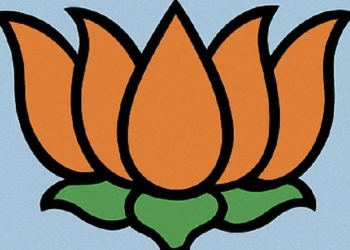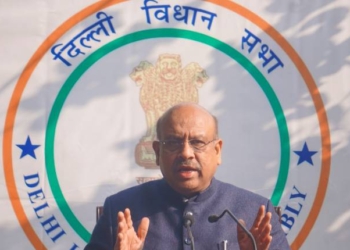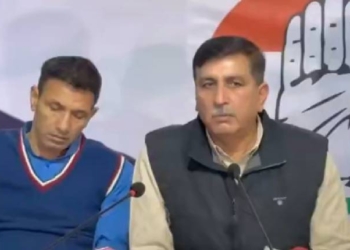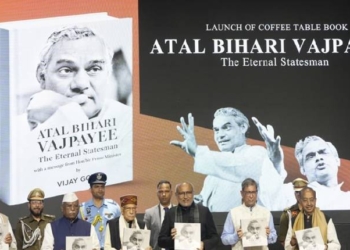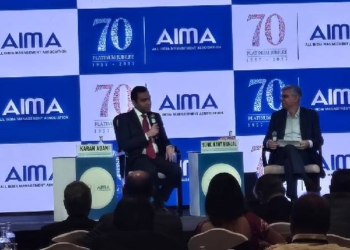New Delhi: In a recent judgment, the Supreme Court set aside the order passed by the Madhya Pradesh High Court directing the Central Bureau of Investigation (CBI) to provide Hindi translation of charge sheet filed in VYAPAM scam.
A bench comprising Justices Abhay S. Oka AND Rajesh Bindal allowed the special leave petition filed by CBI saying that when an advocate, representing an accused, fully understands the language of the charge sheet, there will not be any requirement of furnishing translations to the accused as the advocate can explain the contents of the charge sheet to the accused.
The Supreme Court said that if both the accused and his advocate are not conversant with the language in which the charge sheet has been filed, then the question of providing translation may arise.
The accused placed reliance on a notification issued by the Government of Madhya Pradesh under Section 272 of CrPC declaring Hindi to be the language of each Court in the State except the High Court.
The Supreme Court said that there is no such requirement under Section 173 of CrPC requiring the investigating agency/officer to file a report or charge sheet in the language of the Court determined in accordance with Section 272 of CrPC.
“There are central agencies like the National Investigation Agency, Central Bureau of Investigation, etc. These agencies investigate serious offences or offences having wide ramifications. Obviously, such central agencies, in every case will not be in a position to file the final report in the language of the concerned Court as determined by Section 272 of CrPC,” it held.
Th Central Bureau of Investigation, in relation to offences arising out of the VYAPAM Scam in the State of Madhya Pradesh, had filed charge sheet under Sections 419, 420, 468, 467 and 471 of IPC and under Sections 3 and 4 of the Madhya Pradesh Examinations Act, 1937.
The application seeking a direction to supply a Hindi translation of the charge sheet filed by the probe agency in English language was rejected by the Judicial Magistrate. Later, the decision was overturned by the Gwalior bench of the MP High Court.
The Magistrate had held that the accused was an educated person, having knowledge of English and the offence related to fraud in the examination.
In the VYAPAM scam, it was alleged that after the accused received admit card, some other person took the examination by impersonating him.
(IANS)




